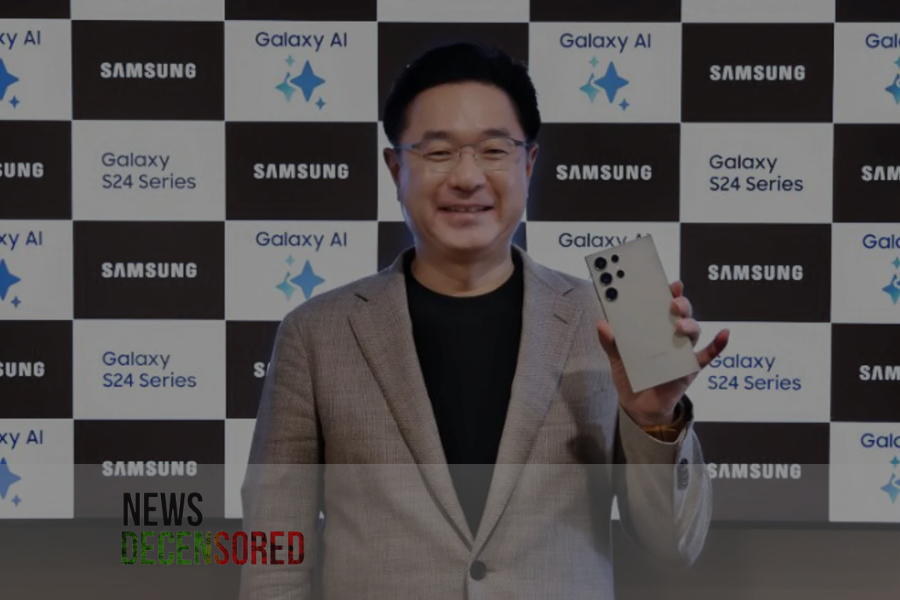Samsung Group’s contract manufacturing segment revealed a new plan that would help the company increase the output of artificial intelligence (AI) chips. Samsung plans to take advantage of the current artificial intelligence craze and boost its profits by providing its clients with a faster service, using its channel – memory chip, foundry, and chip packaging services.
Streamlined Production Process
Samsung’s new approach has declared the potential to save considerable time in the construction of AI chips. Ordinarily, a function that used to take weeks, Samsung smartly combined their memory chip, foundry, and chip packaging teams and cut down its time significantly by about 20%. Overall, such a direct channel of communication ensures that a number of procedures are coordinated and executed more quickly.
The Age of AI
Speaking at an event in San Jose, California, in his capacity as president and general manager of Samsung’s foundry business, Siyoung Choi noted how generative AI was changing the face of technology. Choi smiles and points at the screen internationally, stating, ‘We are truly in the age of AI. ’ Samsung expects revenues in the global chip industry to rise to $778 billion within the next five years, mostly produced by AI chips.
Market Confidence
Before the event, in the briefing, Marco Chisari, the Executive Vice President of Foundry Sales and Marketing, said there would be adequate demand for AI chips. Speaking of Altman from OpenAI, who has even bigger plans, the San Jose-based firm wants to construct about three dozen new chip factories, and that totally makes sense in terms of future demand.
Samsung is completely different from other semiconductor manufacturers, which provide memory chips, foundry, and chip design in one place. At the same time, this has sometimes been an issue – potential clients get concerned about conflict of interest – but as of the current high demand for AI chips, Samsung thinks that integrated working will be an advantage. The requirement for highly integrated chip parts for effective control of huge volumes of data with less power consumption is well within Samsung’s competence.
Advanced Chip Architecture
Samsung is also extending its chip technology through gate-all-around (GAA) architecture. GAA transistors are better when it comes to enhancing chip performance and, at the same time, diminishing power consumption, something that will shape the evolution of chips as they become complex and when they reach the physical size limit. Other competitors like TSMC are also working on GAA technology; however, Samsung was the first one to adopt this technology and aims to launch the second-generation 3-nanometer chip using GAA architecture by the end of this year.
Future Innovations
Looking ahead, Samsung announced its latest innovation in chipmaking: a 2nm process technology targeting computer and data center processors that have come to life. This new process arranges power rails at the backside of the wafer, improving power distribution. The mass production of such complex microprocessors is planned for 2027.
The AI chip market is expected to be influenced substantially by Samsung Electronics as it has a combined manufacturing strategy. Memory chip, foundry, and chip packaging services are all under one roof, and Samsung will keep employing its AI chip production solution faster and more efficiently. This, along with the world’s first GAA architecture and the development of the 2-nanometer process, places Samsung as the leading player in the semiconductor industry that is set to respond to customer needs in the age of AI.















